Super Rugby: The forgotten era
The name Super Rugby was coined by SANZAR (South Africa, New Zealand and Australia Rugby), but only formally attached to the competition some five years ago.
Before that it was Super Six, Super 10, Super 12 and Super 14.
This year is the last year that there will be 15 team in Super Rugby. Next year there will be more teams (18 of them) and be far less SUPER.
You can make a strong case for evolution and improvement in any competition.
However, what we have ended up with is a severely diluted product.
To understand why I think that Super Rugby has not really improved, but has become a grossly inferior product, we have to look back into the history of the competition(s) to see what it was all about.
I want to go into the Super 10 in a bit of depth – because that is when South Africa re-entered the international arena – but it is important that I start with the origins of Super Rugby.
Super 10 – 1993 to 1995 – had its origins in the Super Six, the Southern Pacific Championships and CANZ series. Due to South Africa's exile the previous competitions did not include any teams from the Republic.
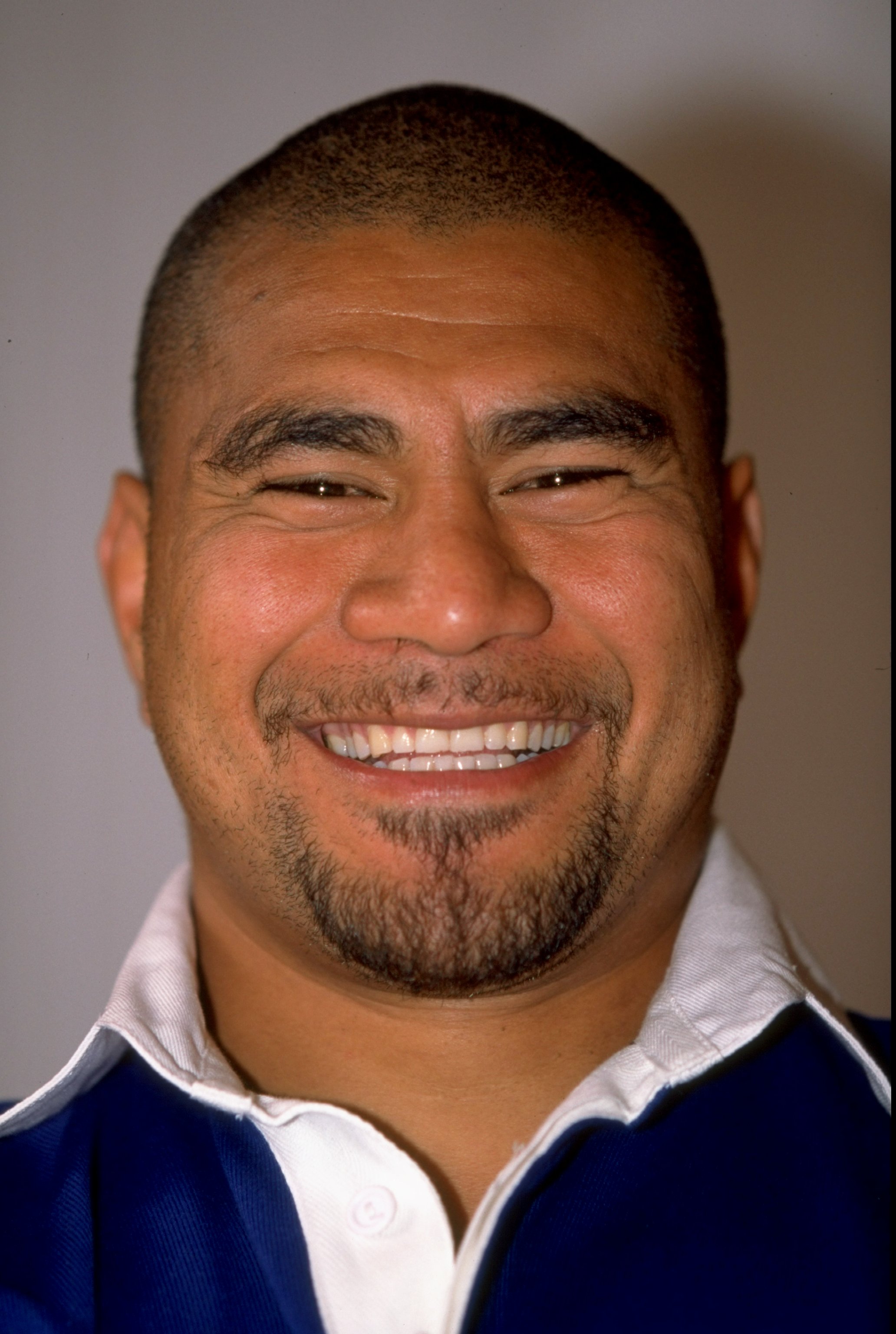 The CANZ series (with teams from Canada, Argentina and New Zealand), Southern Pacific Championship (three teams from New Zealand, Auckland, Canterbury and Wellington, two Australian teams, Queensland and New South Wales and Fiji (who represented the Pacific islands), as well as the Super Six (three teams from New Zealand, Auckland, Canterbury and Wellington, along with two Australian teams, Queensland and New South Wales, and again Fiji) took place during the 1980s and early 1990s.
The CANZ series (with teams from Canada, Argentina and New Zealand), Southern Pacific Championship (three teams from New Zealand, Auckland, Canterbury and Wellington, two Australian teams, Queensland and New South Wales and Fiji (who represented the Pacific islands), as well as the Super Six (three teams from New Zealand, Auckland, Canterbury and Wellington, along with two Australian teams, Queensland and New South Wales, and again Fiji) took place during the 1980s and early 1990s.
Both the CANZ series and Southern Pacific Championship died a quiet death, without much fuss, having made too many waves. The Super Six was just an attempt to revive it.
With South Africa's return to international sport, there was a huge scramble to breathe new life to a Super Rugby.
The agreement was that the Super 10 would consist of two Australian teams (New South Wales and Queensland), four New Zealand teams (the top four teams from the previous year's National Provincial Championship), three South African teams (the top three teams from the previous year's Currie Cup) and the winner of the Pacific Tri-Nations series between Fiji, Tonga and Western Samoa.
Not only was it an exciting series – in part because South African provincial players could suddenly compete internationally – but largely due to the quality of the players involved.
Just look at some of the names that played in that first Super 10 Final at Ellis Park – legends like Hennie le Roux, Francois Pienaar, Kobus Wiese, Uli Schmidt, Balie Swart, Eroni Clarke, Va'aiga Tuigamala, Grant Fox, Michael Jones, Zinzan Brooke, Olo Brown, Sean Fitzpatrick and Craig Dowd.
This is just a small taste of the talent that entertained us the next three years.
Even then, for the next 10 years when it was the Super 12, we saw a fantastic product – in my opinion the best recipe that SANZAR could put on the table.
Legends like Jonah Lomu, Jeff Wilson, Andre Joubert, James Small, Gary Teichmann, Jason Little, Tim Horan, John Eales and Ilie Tábua also entertained us.
As I have already mentioned, since then it became grossly diluted.
But let's look at that first Super 10 series.
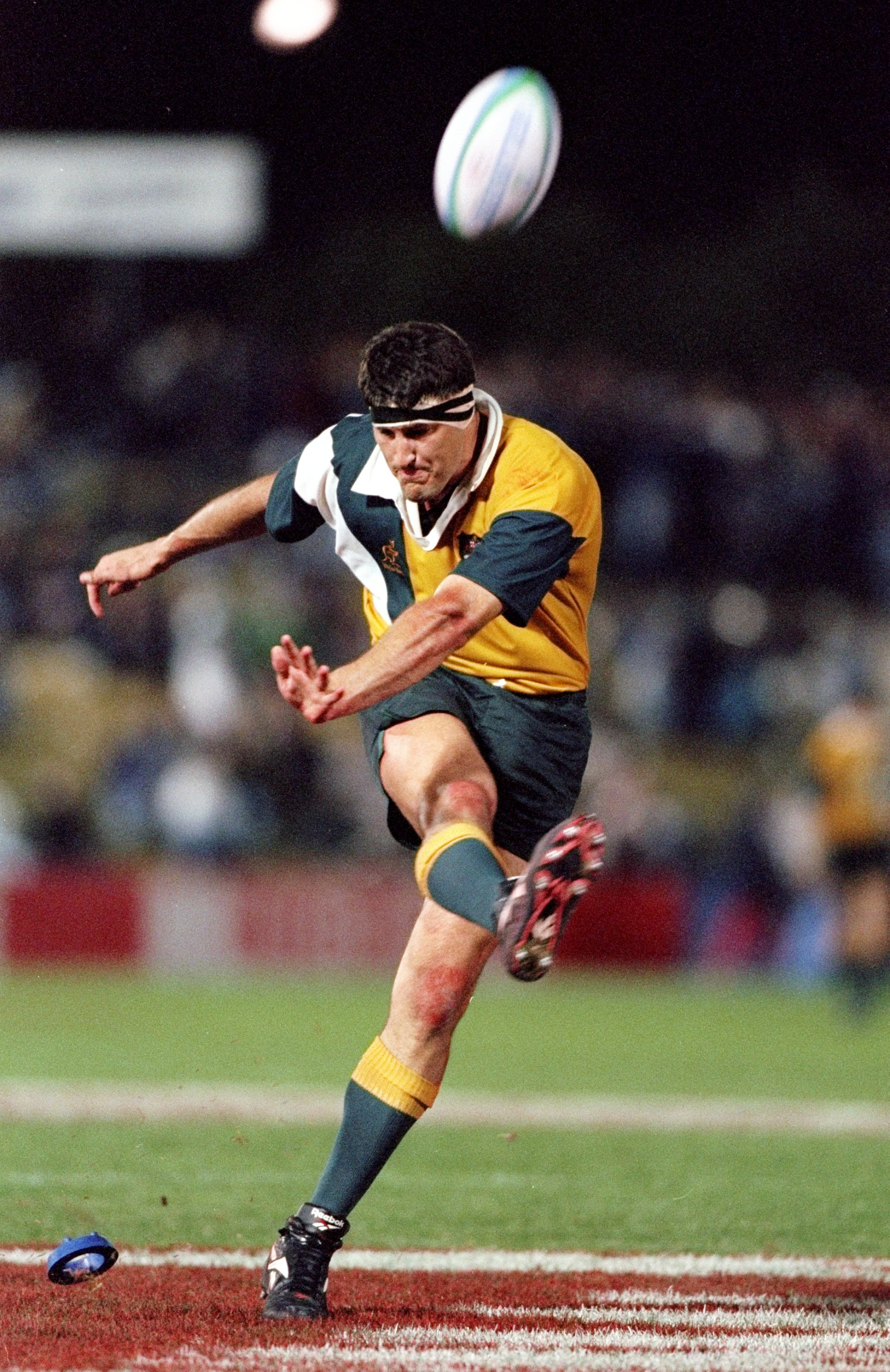 The two Australian teams were Queensland and New South Wales, the New Zealand teams were the provincial champions Waikato, along with the star-laden Auckland, Otago and North Harbour. South Africa's representatives were the Currie Cup champions Natal, Transvaal and Northern Transvaal. Western Samoa represented the Pacific Islands.
The two Australian teams were Queensland and New South Wales, the New Zealand teams were the provincial champions Waikato, along with the star-laden Auckland, Otago and North Harbour. South Africa's representatives were the Currie Cup champions Natal, Transvaal and Northern Transvaal. Western Samoa represented the Pacific Islands.
Auckland lived up their reputation and won all four of their matches against Natal, Western Samoa, Queensland and Otago.
Transvaal also won all their matches, including the memorable encounter with New South Wales in Sydney.
This brought us to the first SUPER Final.
A packed Ellis Park saw Transvaal claim the first of their four titles that year – when they beat Auckland 20-17. There was a great try when Uli Schmidt – on the way to the goalline – charged over Shane Howarth.
By the way, that year Transvaal claimed every title they could win – Super 10, the Lion Cup knockout series, the Night Series and the Currie Cup.
That team – led by the late Kitch Christie (coach) and captain Francois Pienaar – also had 19-match unbeaten run (18 wins and a draw).
Why is this important, you ask? Well, in an interview with Christie back then, when I asked him which of the four titles will be the most difficult to defend, his answer was simple: "The Super 10."
Although he had an incredibly talented team, he realized how SUPER hard it would be, seeing the talent available in the other teams.
The following year, 1994, the Transvaal could not even reach the Final – which was contested between Natal and Queensland. Transvaal again played in the 1995 Final, but lost to Queensland.
It would take 14 years before a South African team won a Super Rugby title again – the Bulls in 2007.
By the way, it grates me terribly when commentators and even SANZAR claim that the Bulls are the first South African team that won a Super Rugby title.
Without detracting in any way from their achievements, the Bulls became the first South African team in the professional era to have won a title.
For those who think the Super 10 was an inferior series. Just take a look at the three finals and the quality of the players who were involved, then you ask yourself how it compare to some of the modern 'Super Rugby' teams.
Super 10 winners:
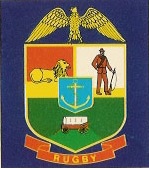
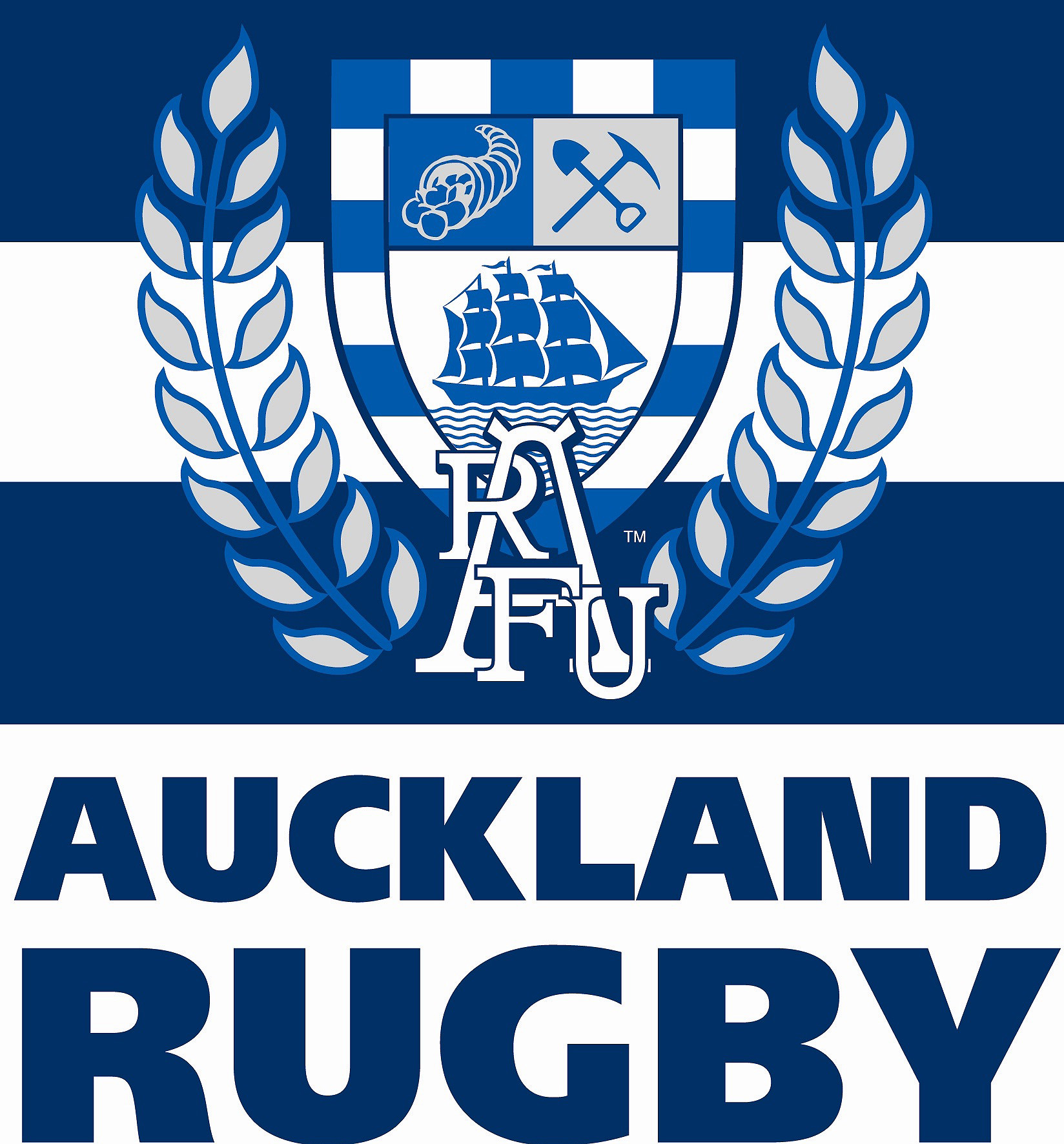 1993: Transvaal beat Auckland 20-17 in the Final at Ellis Park in Johannesburg.
1993: Transvaal beat Auckland 20-17 in the Final at Ellis Park in Johannesburg.
In the inaugural series New Zealand were represented by Waikato, Auckland, Otago and North Harbour. The South African teams were Natal, Transvaal and Northern Transvaal. Queensland and New South Wales were the two Australian teams, while Western Samoa represented the Pacific Islands.
Scorers in the Final:
Transvaal:
Tries: Schmidt 2, Pienaar
Cons: Van Rensburg
Pens: Van Rensburg
For Auckland:
Tries: Tuigamala, Stensness
Cons: Fox 2
Pen: Fox
Teams:
Transvaal: 15 Theo van Rensburg, 14 Peter Hendriks, 13 Bernard Fourie, 12 Japie Mulder, 11 Chris Dirks, 10 Hennie le Roux, 9 Johan Roux, 8 Deon Lotter, 7 Ian Macdonald, 6 Francois Pienaar, 5 Hannes Strydom, 4 Kobus Wiese , 3 Johan le Roux, 2 Uli Schmidt, 1 Balie Swart.
Auckland: 15 Shane Howarth, 14 Terry Wright, 13 Eroni Clarke, Lee Stensness 12, 11 Va'aiga Tuigamala, 10 Grant Fox, 9 Now Nu'uali'itia, 8 Michael Jones, Mark Carter 7, 6 Brendan Jackson (replaced by Zinzan Brooke), 5 Richard Fromont 4 Robin Brooke, 3 Olo Brown, Sean Fitzpatrick 2, 1 Craig Dowd.
Referee: Freek Burger
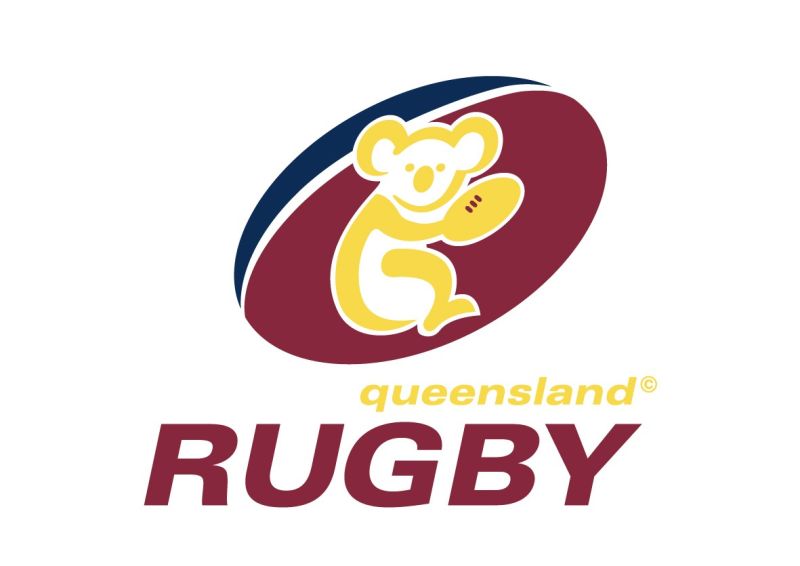
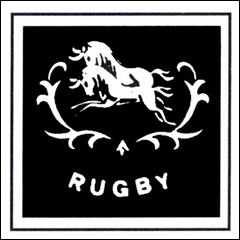 1994: Queensland defeated Natal 21-10 in the Final beat at Kings Park in Durban.
1994: Queensland defeated Natal 21-10 in the Final beat at Kings Park in Durban.
In 1994, New Zealand were represented by Auckland, Waikato, Otago and North Harbour. South Africa's teams were Transvaal, Natal and Eastern Province. Queensland and New South Wales were again the Australian teams, while Western Samoa again represented the Pacific Island.
Scorers in the Final:
For Natal:
Try: Joost
Con: Joubert
Pen: Joubert
Queensland:
Tries: Leah, Scott Young
Con: Lynagh
Pens: Lynagh 2
DG: Lynagh
Teams:
Natal: 15 Andre Joubert, 14 Cabous van der Westhuizen, 13 Peter Müller (replaced by Andy Marinos), 12 Jeremy Thomson (replaced by Shaun Payne), 11 James Small, 10 Henry Honiball, 9 Robert du Preez, 8 Gary Teichmann, 7 Andrew Blakeway, 6 Wahl Bartmann, 5 Steve Atherton, 4 John Slade, 3 Adrian Garvey, John Allan 2, 1 Guy Kebble.
Queensland: 15 Matthew Pini, 14 Damian Smith, 13 Jason Little (replaced by Paul Carozza), Tim Horan 12 (replaced by Anthony Herbert), 11 Barry Lea, 10 Michael Lynagh, 9 Peter Slattery, 8 Sam Scott Young, 7 Ilie Tábua (replaced by John Eales), 6 David Wilson, Rod McCall 5, 4 Garrick Morgan, 3 Adrian Skeggs, 2 Michael Foley, 1 Cameron Lillicrap.
Referee: Glen Wahlstrom

 1995: Queensland beat Transvaal 30-16 in the Final at Ellis Park in Johannesburg.
1995: Queensland beat Transvaal 30-16 in the Final at Ellis Park in Johannesburg.
In 1995, New Zealand were represented by Auckland, Canterbury, Otago and North Harbour. South Africa's representatives were Transvaal, Western Province and Free State. Queensland and New South Wales were still there (Canberra's Brumbies first saw the day of light in 1996) and Tonga represented the Pacific Island.
Scorers in the Final:
Transvaal:
Try: Roux
Con: The Bear
DG: De Beer 3
Queensland:
Tries: Connors, Little, Johnstone, Smith
Cons: Eales 2
Pen: Eales
DG: Kahl
Teams:
Transvaal: 15 Gavin Johnson, 14 Jannie van der Walt, 13 Christiaan Scholtz (replaced by Japie Mulder), 12 Hennie le Roux, 11 Pieter Hendriks, 10 Jannie de Beer, 9 Johan Roux, 8 Rudolf Straeuli 7 Charles Rossouw, 6 Gerhard Combrink, Hannes Strydom 5, 4 Kobus Wiese, 3 Ian Hattingh 2 Chris Rossouw, 1 Balie Swart.
Queensland: 15 Matthew Pini, 14 Damian Smith, 13 Daniel Herbert, 12 Jason Little, 11 Paul Carozza, 10 Paul Kahl, 9 Peter Slattery (replaced by Brett Johnstone), 8 Troy Coker (replaced by Mark Connors) 7 Ilie Tábua, 6 David Wilson, John Eales 5, 4 Rod McCall, 3 Dan Crowley (he was replaced by Matt Ryan), 2 Michael Foley, 1 Andrew Blades. Referee: Paddy O'Brien
Jan de Koning
@ King365ed
@ rugby365com



























































